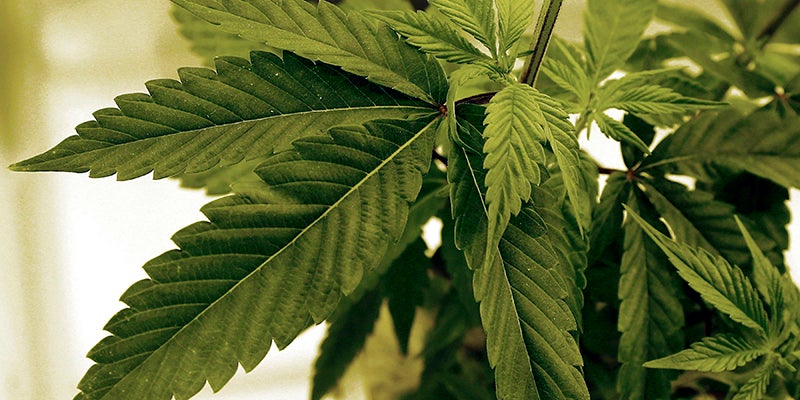Minnesota closes bars as Minnesota’s COVID-19 cases spike
Published 8:56 pm Monday, March 16, 2020
ST. PAUL — Just ahead of St. Patrick’s Day, Gov. Tim Walz ordered bars and restaurants across Minnesota to temporarily close to customers who dine in as the number of coronavirus cases in spiked to 54 on Monday and the Legislature sharply scaled back its operations.
Delivery and curbside takeout services may continue to operate. The temporary closure also applies to other places of public amusement, including theaters, museums, fitness centers and community clubs. Affected businesses must close by 5 p.m. Tuesday. While the governor’s order runs through March 27, he said he’ll likely end up extending it. Supermarkets, pharmacies and other retailers are not affected.
“This is our new normal,” the governor said at an evening news conference, just one day after he ordered public schools across Minnesota to close by Wednesday in response to the COVID-19 pandemic. “I think I would forecast for the press that this is more than likely a rhythm that we may get into.”
To cushion the blow, the governor signed a separate order making it easier for the thousands of workers facing layoffs because of the closures to get unemployment insurance. They were encouraged to apply online at UIMN.org because the state’s call centers can’t handle the anticipated surge in requests.
Celebrity chef Andrew Zimmern, host of “What’s Eating America” on MSNBC and the Travel Channel’s “Bizarre Foods,” and founder of the Lucky Cricket restaurant in suburban St, Louis Park, joined the governor, saying the closures are “the right thing to do in the interest of the public health” despite the jobs that will be lost and the businesses that will go bankrupt.
“Hospitality folks all want to help,” Zimmern said. “We all got into this business because of the magic that we know that happens when people share food with each other at our tables. Nobody wants to close, but we know that we must.”
For most people, the new coronavirus causes only mild or moderate symptoms, such as fever and cough. For some, especially older adults and people with existing health problems, it can cause more severe illness, including pneumonia. The vast majority of people recover within weeks.
According to the World Health Organization, people with mild cases of COVID-19 recover in about two weeks, while those with more severe cases may take three to six weeks to get better.
The Minnesota Department of Health said 54 residents have tested positive for the virus as of Monday, a jump from 35 on Sunday, but still no deaths. A large share of recent new patients have been in their 20s and early 30s, just the sorts of people who frequent bars, restaurants and other entertainment venues.
The department’s infectious disease director, Kris Ehresmann, said on a conference call with reporters that investigators had not found any additional cases of community spread beyond the three announced Sunday, but that the new patients were still being interviewed. Most of the 54 live in the seven-county Twin Cities metropolitan area, but there have also been confirmed cases in Benton, Blue Earth, Olmsted, Renville, Stearns and Waseca counties in Greater Minnesota.
Top House and Senate leaders kept their distances from each other and reporters at a news conference earlier, where they said they would hold committee meetings and floor sessions on an on-call basis only through April 14. When they do meet to pass time-sensitive, essential legislation, they’ll only use spaces that allow six feet of distance between people. But constituents can still reach their lawmakers by phone and email and set up meetings.
A bill to provide around $100 million in funding to hospitals to help them prepare, was still being negotiated and details weren’t immediately available, but the leaders said they hoped to pass it late Monday.
Democratic House Speaker Melissa Hortman said she “wouldn’t be surprised” if lawmakers come back to extend the state income tax filing deadline past April 15, as the federal government plans to do.
During the hiatus, Hortman said, lawmakers will focus on bills related to COVID-19, “mission critical” legislation such as a public works borrowing bill, and proposals that have broad bipartisan support.





